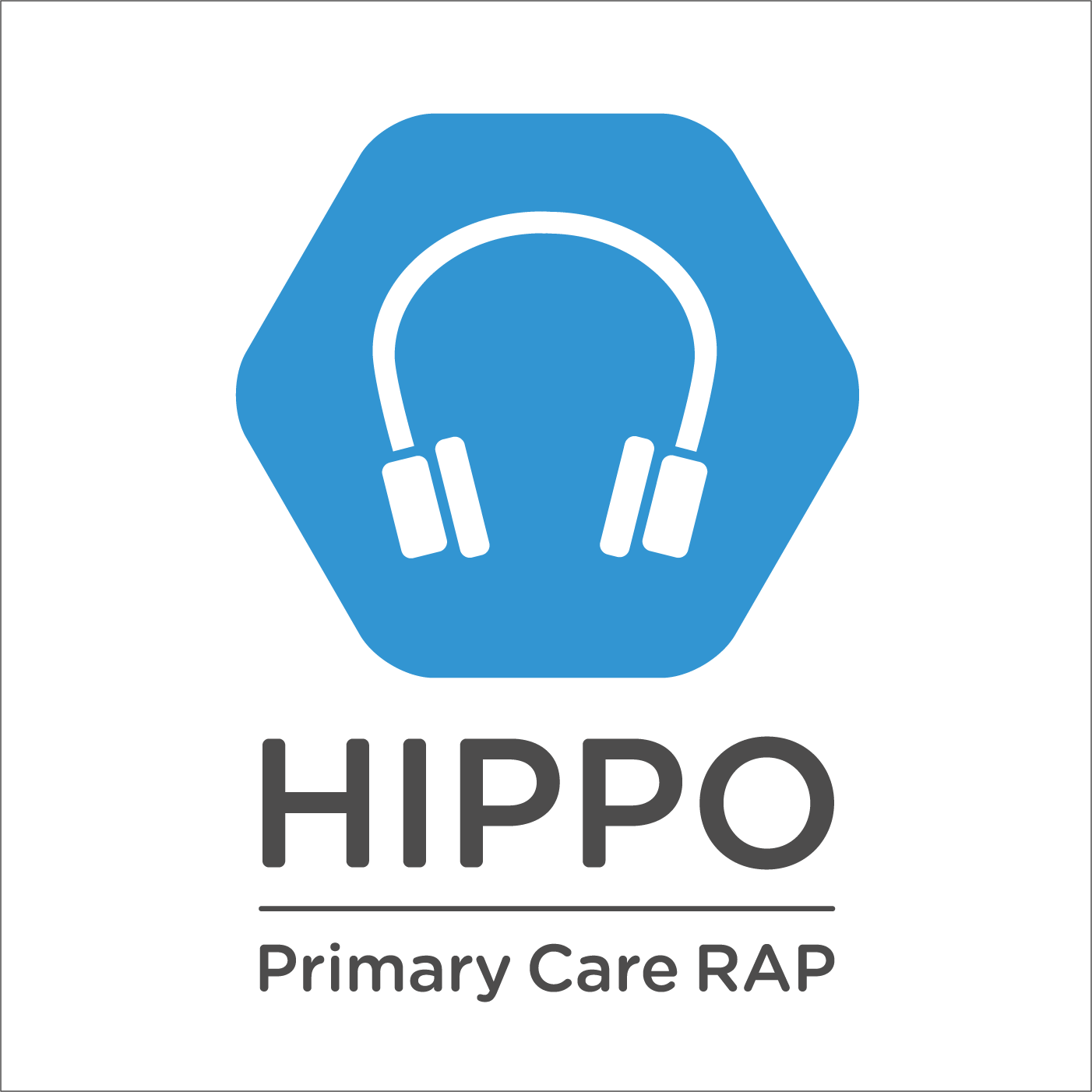In Shock
Description
This free iTunes segment is just one tiny snippet of the fully-loaded 3-hour monthly Primary Care RAP show. Earn CME on your commute while getting the latest practice-changing primary care information: journal article breakdowns, evidence-based topic reviews, critical guideline updates, conversations with experts, and so much more. Sign up for the full show at hippoed.com/PCRAPPOD
Rana Awdish, MD a pulmonary and critical care physician in Detroit, Michigan, wrote an incredibly powerful, bestselling memoir (In Shock) about her own experiences as a critical care patient. In this segment, she sits down with Neda Frayha, MD to talk about healing, the ways the giant medical education industrial complex contributes to provider burnout, and the redemptive power of connection.
Pearls:
Dr. Rana Awdish shares her story and takeaways from her experience as a patient that have changed how she practices medicine. A summary won’t do this justice - it’s a must listen!
Dr. Awdish’s medical story: She was in the final days of her training in pulmonary/critical care when she developed acute-onset abdominal pain while being 7 months pregnant. They assumed she had HELLP because her liver enzymes were in the 10,000’s, platelets were 15 and she was in hemorrhagic shock. It turns out that she had a ruptured hepatic adenoma, ended up losing the pregnancy, and went into multiorgan failure in the surgical ICU. Some of her takeaways from that experience: She needed to be seen as a patient navigating an illness and having emotions about it Individual medical providers can have a profound impact on a patient’s experience during illness, both negatively and positively Providers often lose sight of the person immediately in front of us, caught up in things that are less patient-centric (ie: how many patients you have to see that day) Providers come in with an agenda without understanding what is important to the patient The medical education complex has a way of taking really idealistic and compassionate young people and often turns them into jaded cynics Part of this may be from a lack of modeling joy in work and a sense of purpose We often avoid hard conversations and leaning into the discomfort for the short-term benefit at the detriment of missing the long-term benefit Getting to know patients and tailoring your recommendations to their values is liberating as a provider Give yourself the permission to be the kind of providers our patients actually want us to be
References:
Awdish R. In Shock: My Journey from Death to Recovery and the Redemptive Power of Hope. New York, New York: St. Martin’s Press; 2017.
More Episodes
This free iTunes segment is just one tiny snippet of the fully-loaded 3-hour monthly Primary Care RAP show. Earn CME on your commute while getting the latest practice-changing primary care information: journal article breakdowns, evidence-based topic reviews, critical guideline updates,...
Published 10/16/20
This free iTunes segment is just one tiny snippet of the fully-loaded 3-hour monthly Primary Care RAP show. Earn CME on your commute while getting the latest practice-changing primary care information: journal article breakdowns, evidence-based topic reviews, critical guideline updates,...
Published 10/16/20
This free iTunes segment is just one tiny snippet of the fully-loaded 3-hour monthly Primary Care RAP show. Earn CME on your commute while getting the latest practice-changing primary care information: journal article breakdowns, evidence-based topic reviews, critical guideline updates,...
Published 10/16/20


